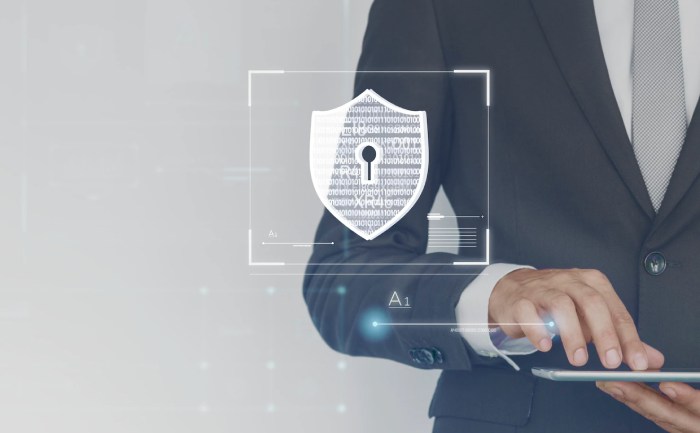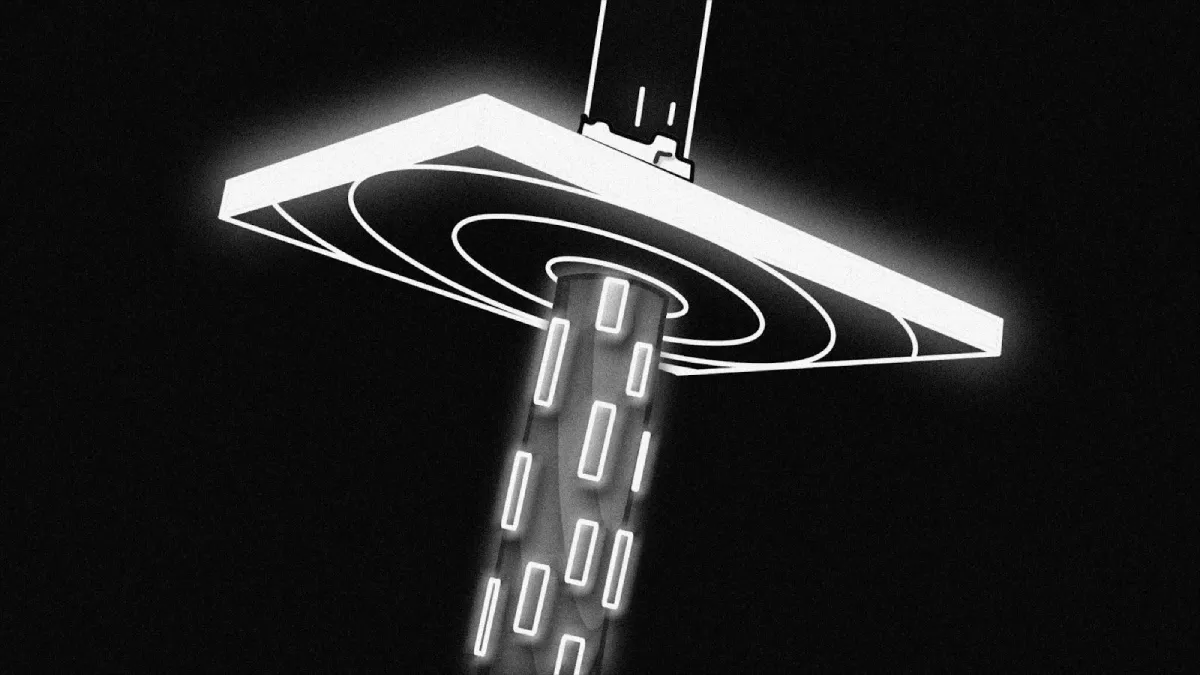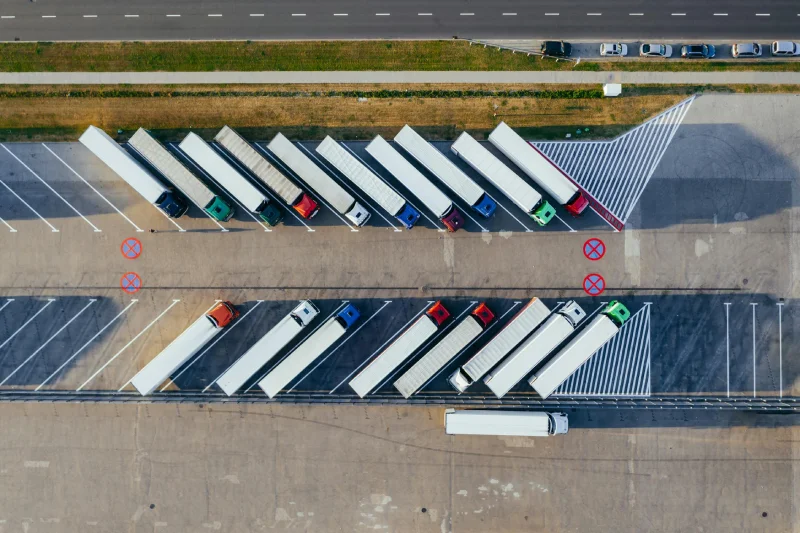
Privacy In India: How Recent Events Affect People
Choosing the best VPN server location can affect your browsing experience. There are a few things to keep in mind when connecting to a VPN. Want to watch popular shows but Netflix isn’t available in your country? Do you want to download fast while downloading torrents?
The international non-governmental organization Freedom House ranked India 33rd out of 65 countries in its global rankings of internet freedom. It marked the fourth consecutive year in which internet freedom in India had declined – and with that decline, the popularity of the India VPN has risen. There are many different problems and subjects covered by internet privacy. It may be interpreted as online privacy rights that a person has about their data and online privacy rights breaches. Due to the dynamic nature of the internet environment, privacy issues and concerns are always evolving.
The Adaptive Character Of Information
For instance, how data is created, gathered, integrated, shared, kept, and analyzed on the internet is continually evolving and redefining what kind of safeguards personal data deserves and may be afforded. For instance, seemingly innocuous data like an IP address, search terms, and websites visited may now be aggregated and processed to identify people and discover personal information about them.
Every time a person uses the internet, new information about them is created, from information published on social networking sites to cookies collecting user browsing history to people transacting online to mobile phones registering location data. In a few instances, the person is aware that they are producing information and that it is being collected, but in many others, they are unaware of the information trail they are leaving online, are unaware of who is accessing the information, and have no control over how it is handled or how it is being used. For instance, police enforcement frequently searches social media platforms for data that might aid in an investigation.
How Indian Government Controls Your Internet
Most individuals in India must deal with internet filtering, with restricted or no access to numerous websites and apps. Technically, the government uses DNS filtering to prevent URLs deemed objectionable. The Indian government has vast and ambiguously defined powers to control and limit internet access under the Information Technology Act of 2000. Since 2010, there has been an increasing recognition by both the government and the public that India needs privacy legislation, specifically one that addresses the collection, processing, and use of personal data.
The push for adequate data protection standards in India has come both from industry and industrial bodies like DSCI – who regard strong data protection standards as an integral part of business, and from the public, who has voiced increasing concerns that governmental projects, such as the UID, involved with collecting, processing, and using personal data are presently not adequately regulated and are collecting and processing data in such a way that abuses individual privacy. India’s most comprehensive data protection standards are found in the ITA and are known as the Information Technology Reasonable security practices and procedures and sensitive personal data or information.
Reasons To Use A VPN
Although there is no official list of restricted websites, sites containing politically sensitive or explicit content, sites encouraging resistance to the current Government, and most Chinese-owned applications are all blocked. You’ll need to utilize a VPN with India location to access these sites, which is why VPNs are becoming increasingly popular in India. However, the Indian government’s decision to ban these apps seems to backfire as more young Indians use VPNs to access these sites.
How Bad Is Censorship?
Many websites that support or spread anti-government or separatist content are blocked by the Indian government. While not publicly challenging the current government, some religious organizations have been outlawed too. VPN allows you to view such information, we recommend against doing so as it may be illegal (though using a VPN itself is perfectly legal).
When big protests occur, the Indian government frequently restricts internet connection. Protest should limiting people on the ground access to national and international media outlets and making interpersonal contact impossible. When demonstrations erupted in the Jammu and Kashmir regions of northwest India in 2019, these forms of internet shutdowns gained international attention. In this instance, a VPN may be able to assist you in avoiding these context-specific shutdowns.
Utilize Chinese Applications And Platforms
In 2020, as political tensions between India and China intensified, the Indian government made a key decision to ban more than 200 Chinese-owned apps, including some of India’s most popular apps such as TikTok, WeChat and VivaVideo.
India’s Current Internet Privacy Laws
Currently, the Information Technology Act (ITA) 2000 has India’s most complete legislative regulations relating to online privacy. A variety of clauses in the ITA have the potential to either protect or compromise online privacy, depending on the situation. Punishing child pornography, punishing hacking and fraud, and specifying data protection requirements for body corporate are all provisions that clearly safeguard user privacy. Provisions designed to dilute user privacy involve law enforcement access to users’ personal information held by entities, the collection and monitoring of Internet traffic data, and the real-time monitoring, interception, and decryption of online communications.
Furthermore, vulnerabilities in ITA weaken the privacy of online users. For example, the ITA does not address issues and situations such as the attestation status of social media content in India, the merging and sharing of data across databases, or whether individuals can transmit images of their own “private areas” over the Internet when users do so. Hence the right to be informed about the existence of cookies and do not track options, the use of electronic personal identifiers in databases and whether individuals have the right to request service providers to delete and delete their personal content.
Choosing the best VPN server is a matter of preference and need. If you want to watch geo-restricted content or bypass government censorship, you need to connect to a server in another country. If you want fast downloads when torrenting or gaming online, then the closest VPN server is your best bet.
References:
https://cis-india.org/telecom/knowledge-repository-on-internet-access/internet-privacy-in-india
https://cyberwaters.com/best-vpn-server-locations/
https://www.aljazeera.com/news/2022/3/16/india-right-to-be-forgotten-online-internet-privacy-data

Why Using AI for Essay Writing Is Not the Best Idea

How to Pick an Oval Ring for Your Hand Shape

The 10 Best Video Editing Services

The Future of E-commerce and Digital Marketing

Hobbies That Make Money – Turning Your Passion Into Profit

Top Healthcare Marketing Companies Listed on TopFirms.co



